Solar developer Lightsource bp and New Zealand generator and retailer Contact Energy said construction of one of New Zealand’s largest PV projects will begin later this year after confirming a final investment decision on the 150 MW Kōwhai Park solar farm.
Lightsource bp, the renewables arm of British oil and gas company bp, said the $250 million (NZD 273 million) project will be built on a 230-hectare site at Christchurch Airport’s campus on New Zealand’s South Island.
The project, to be built, owned and operated by the joint venture (JV) partners, will include about 300,000 solar panels. With construction scheduled to start in late 2024 and commercial operations expected to begin in early 2026, the Kōwhai Park solar farm will generate more than 275 GWh of clean energy per year once completed.
Contact, one of New Zealand’s largest electricity generators and retailers, will purchase 80% of the electricity generated under a 15-year power purchase agreement.
Engineering, procurement, and construction firm Chintec has been engaged to build the solar facility with Australia-listed infrastructure services provider Ventia to deliver all network connection infrastructure.
Lightsource bp APAC Managing Director Adam Pegg said Kōwhai Park is the first of a number of planned large-scale solar projects for the Lightsource bp and Contact partnership in New Zealand.
“This project at Kōwhai Park is our first to reach this stage in New Zealand,” he said. “Contact has proven to be a fantastic partner, and we have built a strong relationship. We look forward to working closely together on our future projects.”
Other solar projects in the JV’s development pipeline include a 175 MWdc solar farm near north of Auckland, and a 160 MWdc solar farm in Taranaki, adjacent to Contact’s Stratford power station.
The Kōwhai Park solar project is the first phase of Christchurch Airport’s proposed Kōwhai Park 400-hectare renewable energy precinct.
Christchurch Airport Chief Executive Justin Watson said the organisation is aiming to create a green energy hub that will fuel the region’s economic prosperity with battery energy storage and green hydrogen generation is also earmarked for the precinct in the future.
“We’re focused on getting other renewable energy projects located there so we can become a clean energy hub that will enable our city and region to decarbonise and help New Zealand reach its net goals,” he said.
Financing for the Kōwhai Park solar farm has been structured as a green financing loan with Westpac, Mizuho, China Construction Bank and Intesa Sanpaolo jointly underwriting the package.
This content is protected by copyright and may not be reused. If you want to cooperate with us and would like to reuse some of our content, please contact: editors@pv-magazine.com.
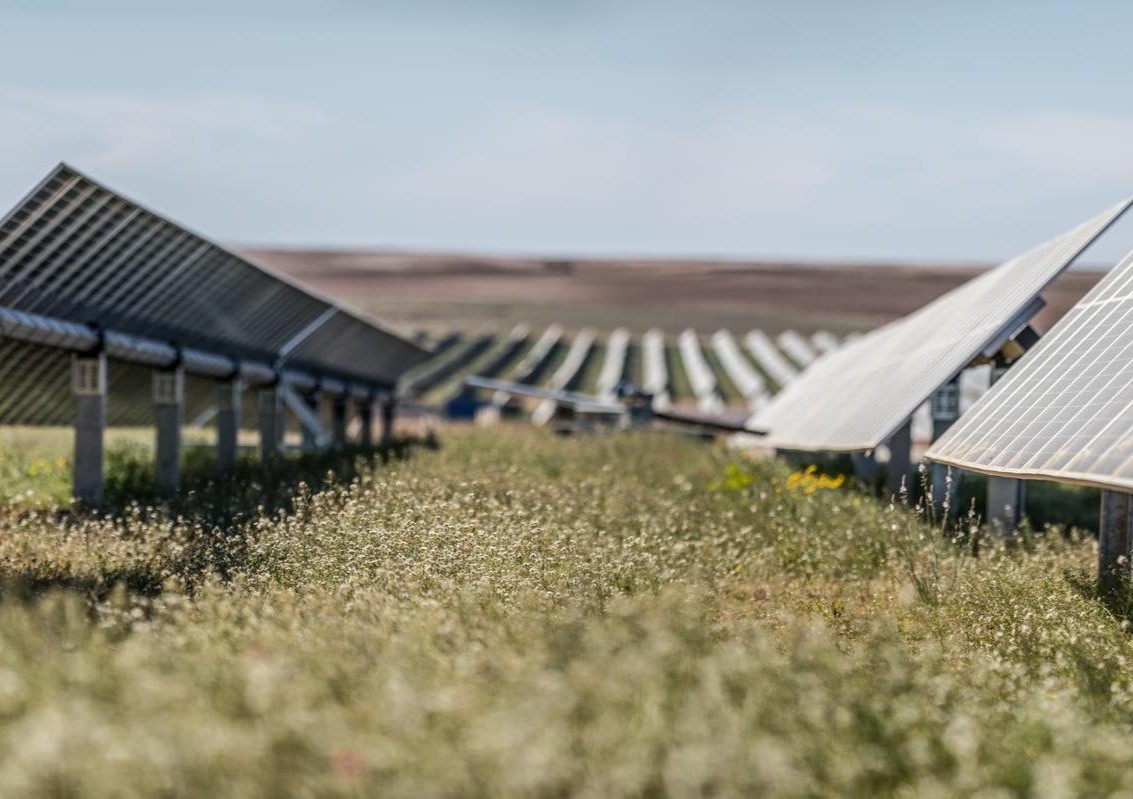



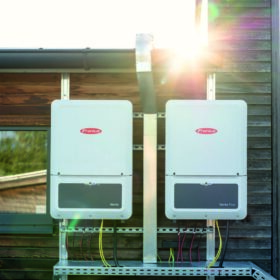

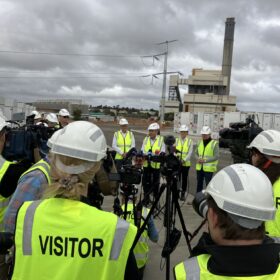
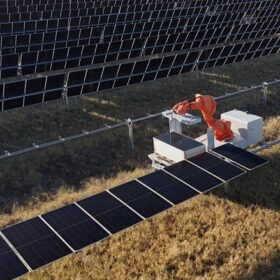
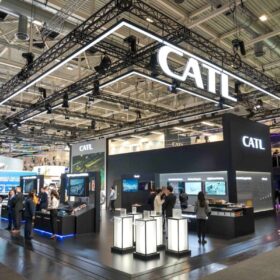
By submitting this form you agree to pv magazine using your data for the purposes of publishing your comment.
Your personal data will only be disclosed or otherwise transmitted to third parties for the purposes of spam filtering or if this is necessary for technical maintenance of the website. Any other transfer to third parties will not take place unless this is justified on the basis of applicable data protection regulations or if pv magazine is legally obliged to do so.
You may revoke this consent at any time with effect for the future, in which case your personal data will be deleted immediately. Otherwise, your data will be deleted if pv magazine has processed your request or the purpose of data storage is fulfilled.
Further information on data privacy can be found in our Data Protection Policy.